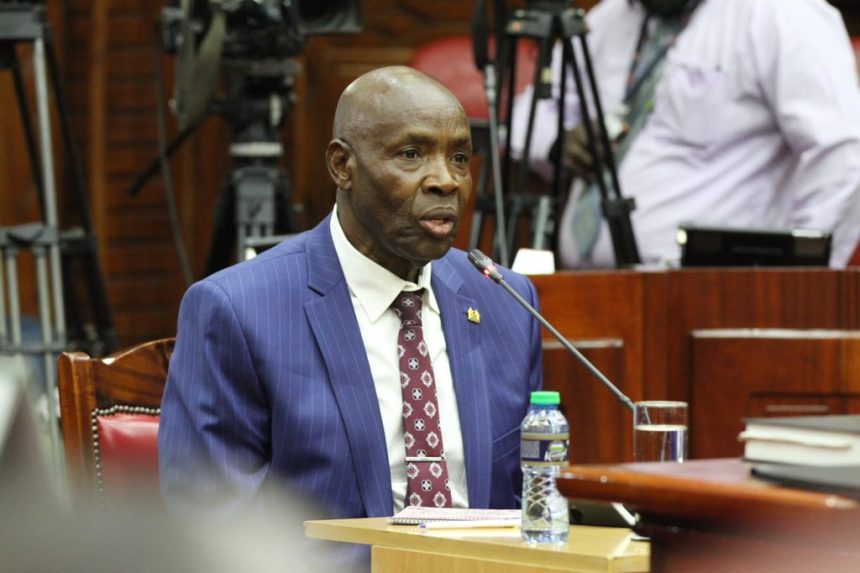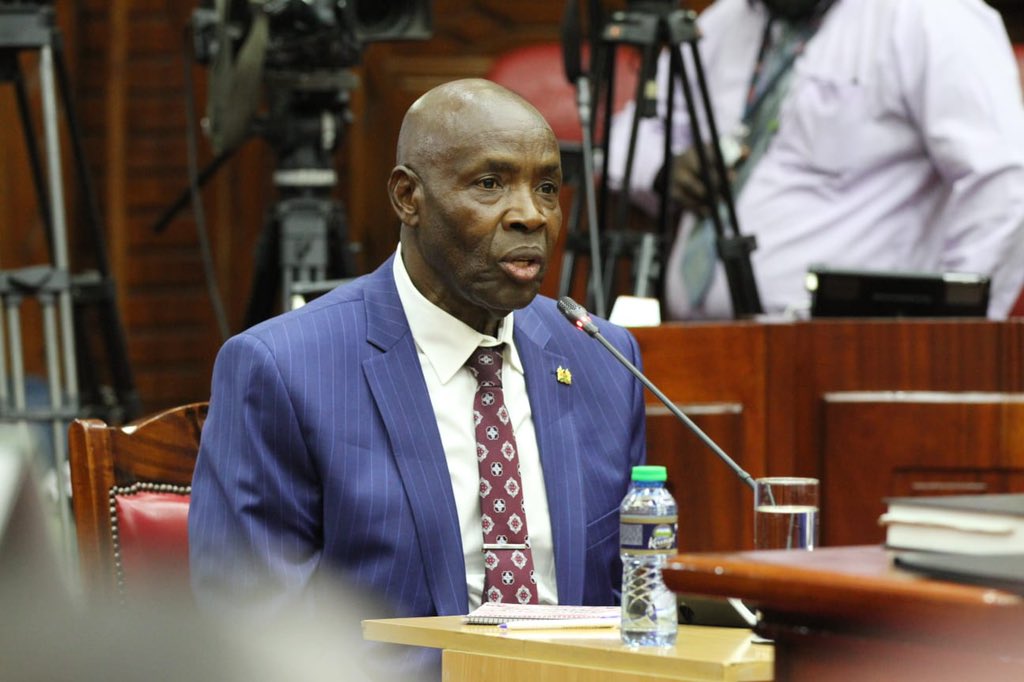Education Cabinet Secretary Ezekiel Machogu has announced that the ministry will start new ways of releasing school capitation funds starting next year.
He said the capitation will be disbursed in the ratio of 50:30:20 for the first term, second term and third term respectively. Machogu was speaking on Wednesday while he officially opened the 46th Kenya Secondary Schools Heads Association (KESSHA) Conference held in Mombasa.
“One of the pressing issues that we need to tackle is the delay in the disbursement of capitation. I understand the challenges and the constraints that these delays cause to operations in your schools,” Machogu said.
For the longest time, capitation funds are usually released quarterly.
The CS said the change will ensure a more equitable distribution of funds throughout the year, empowering schools to plan and utilise resources more efficiently.
“I want to assure you that we are working diligently to streamline the disbursement systems, by employing advanced technologies and automated processes to expedite the flow of funds. This change will,” Machogu said.
Further, he called on the school heads to acknowledge receipts of the capitation funds as failure to do so will result in schools missing on the next disbursement.
This comes after seventy-two secondary schools missed capitation because they did not acknowledge receipt of the previous disbursement.
The government had however released Sh24 billion in capitation two weeks ago.
On Tuesday, director of secondary schools in the Education ministry Paul Kibet said principals should adhere to the laid-out guidelines for the smooth running of schools.
“Once schools get the money, they should acknowledge receipt through the National Education Management Information System (Nemis), for them to be factored in for subsequent capitation,” Kibet said.
Machogu also urged schools’ Boards of Management (BoMs) to begin equipping their schools early enough with the necessary tools for the easier transition of Senior Secondary Schools under the Competency-Based Curriculum (CBC).
He said that this will enable students to effectively handle different pathways while choosing their fields of interest.
“As you are aware, in the realm of senior secondary education, we are introducing three distinct pathways for our learners: Arts, Sports Science; Social Sciences; and Science, Technology, Engineering, and Mathematics (STEM),” Machogu said.
“These pathways will allow students to choose a field that aligns with their interests and aspirations, providing them with specialised skills and knowledge.”
He reiterated that the board of management should strictly adhere to the registration guidelines for proper school registration by ensuring an efficient and cost-effective process that does not burden the government unnecessarily.
“Schools whose characteristics, such as enrolment status, number of streams, or school category that have undergone changes, must undergo re-registration. Schools that also operate with certificates under Cap 211 must seek re-registration,” Machogu said.
“These measures will ensure accurate data and facilitate effective resource allocation, benefiting both schools and students.”




